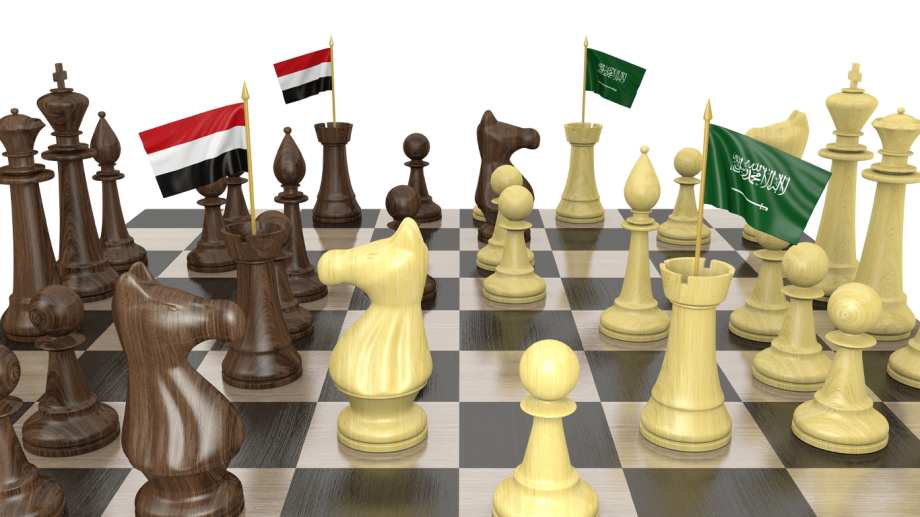Calls Intensify for Greater Urgency in Yemen Peace Talks

In an article published yesterday by international think tank GLOBSEC, Professor of International Relations and Diplomacy Peter Terem urges all parties involved in UN-sponsored Yemen peace talks this week to make a public recognition of the urgent need to make progress on the key issues facing the war-torn country, namely the Hudaydah port, terrorism, and the humanitarian situation generally. The article welcomes the resumption of peace negotiations but is concerned that talks may be exploited as an opportunity to buy time, rather than to find a quick resolution to this devastating conflict. By making such public commitments, the success of the talks can be more properly assessed and are therefore likely to be taken more seriously.
The fate of Yemen’s Hudaydah port, responsible for 70% of the country’s humanitarian aid imports, will be the key sticking point at the UN-sponsored peace talks beginning in Geneva this week. The port could play a vital role in easing humanitarian suffering, and therefore needs to be released as soon as possible as further prolongment of the status quo is now intolerable. The Yemeni government has delayed operations in the city for almost two years to give peace every chance. But there are worrying signs that this relief has been exploited for fortification, rather than pacification.
In an article on the conflict in Yemen, released this week, Professor Terem recommends all parties to focus on solving shared concerns first, such as the humanitarian crisis and fight against terrorism, in order to build mutual trust between stakeholders. The article points out the importance of keeping in mind the geopolitical aspect of the conflict, including Iran’s involvement, to increase the negotiations’ success rate.
Terem also calls on all parties to show more urgency in their efforts to improve the humanitarian situation in the country, with Hudaydah port authorities diverting aid shipments to the frontline, delaying the delivery of cholera vaccinations and placing extortionate taxes on aid shipments. Additionally, the article demonstrates how this port has played a role in the import of weapons from other countries, including the smuggling of drones and missiles, in contravention of UN Resolution 2216.
The geopolitical motives that are at stake complicate conflict resolution efforts, with neither side willing to give any ground on the issue and fighting in the city thus looming. Releasing Hudayah port will be a sticking point in the negotiations as it is currently held by the Iranian-backed Houthi movement who are reluctant to give up their strategic position.
The call forms part of a list of four recommendations for the talks to focus on, the others are:
- Push all stakeholders to abide by the previously agreed UN resolutions, in particular to cease all weapons imports from other countries and to end the recruitment of child soldiers and the use of landmines.
- Strengthen joint commitments to rid Yemen of terrorism and extremism, particularly in the forms of AQAP and Daesh.
- Include Tehran’s ‘Yemen Card’ in the wider regional talks.
Commenting on the release of the article, Terem said: “it has taken two years to get both sides back to the negotiating table, and it is incumbent on them to show that they are serious about peace this time around. Every day these talks drag on, the humanitarian situation in the country becomes more intolerable. The Yemeni people will not accept any more posturing, there needs to be decisive, pragmatic, and brave action on all sides to bring this terrible war to a close as quickly as possible.”
Read the full article here.
For further information please contact Adam Dempsey at Mobile: +421 904 869 171, [email protected]